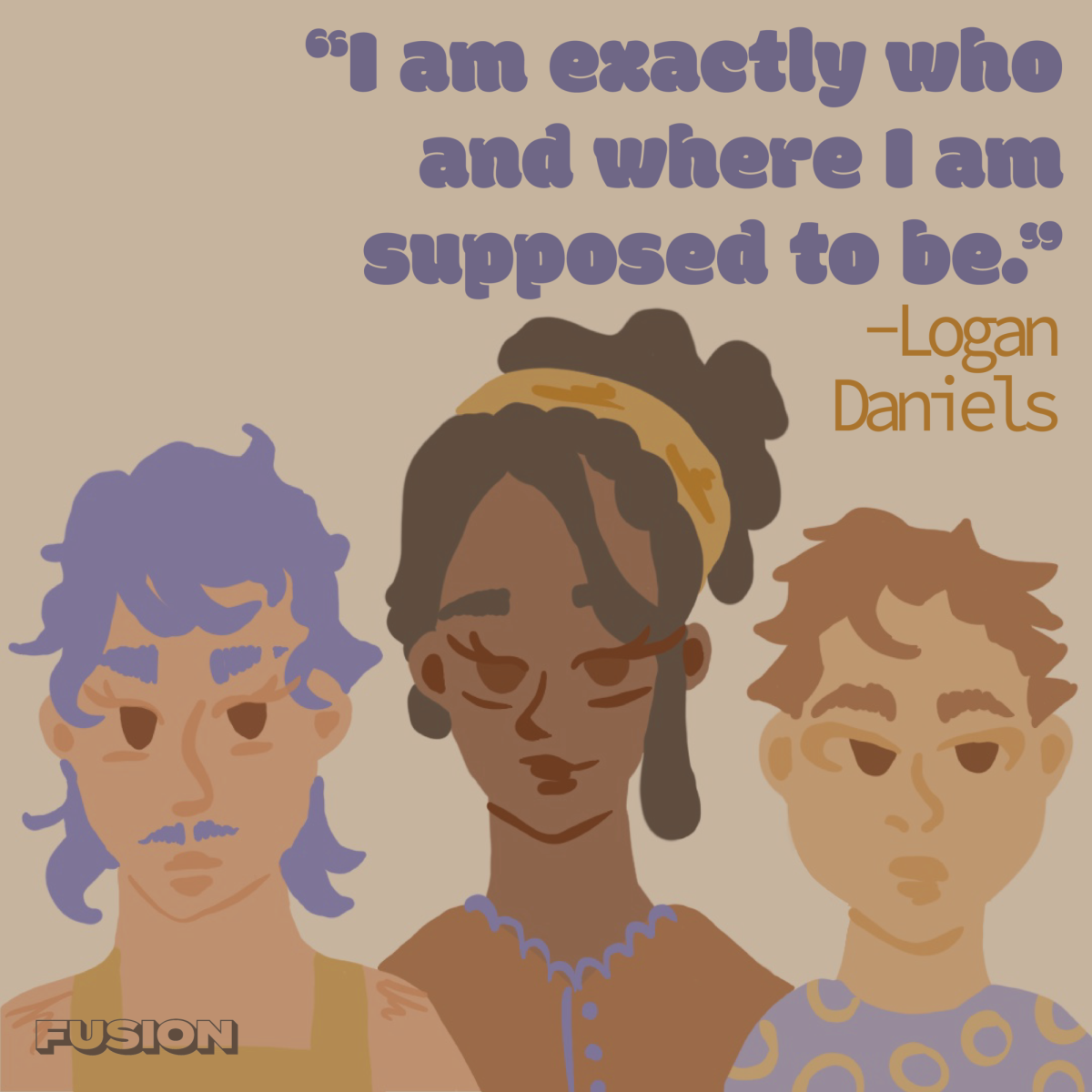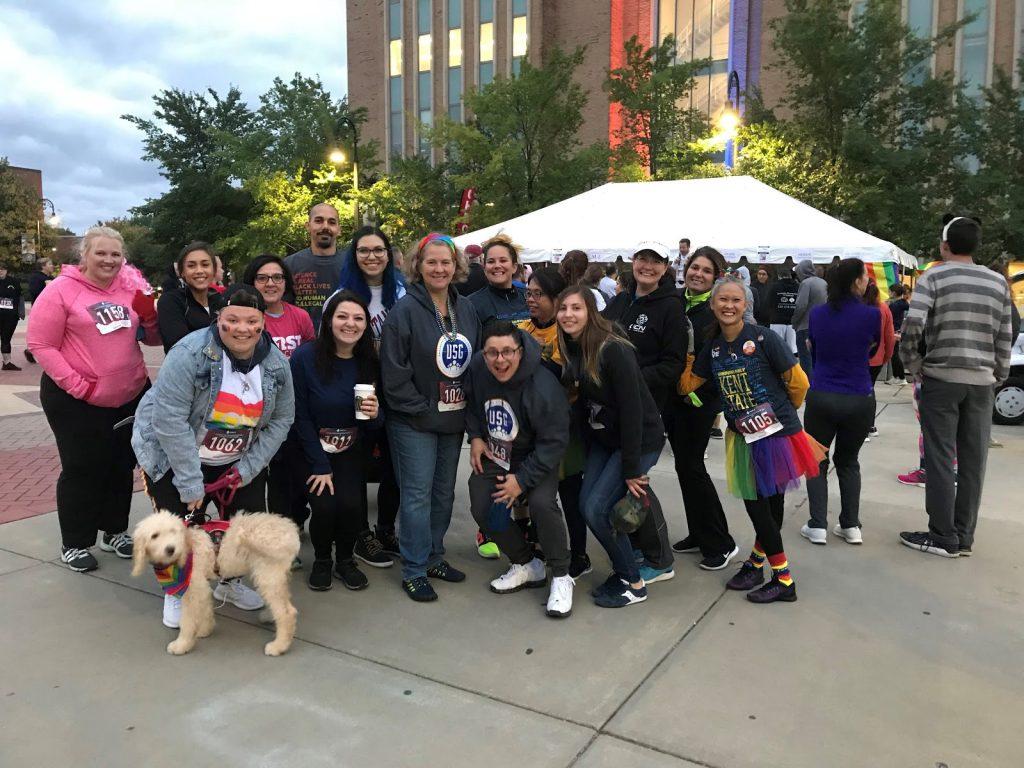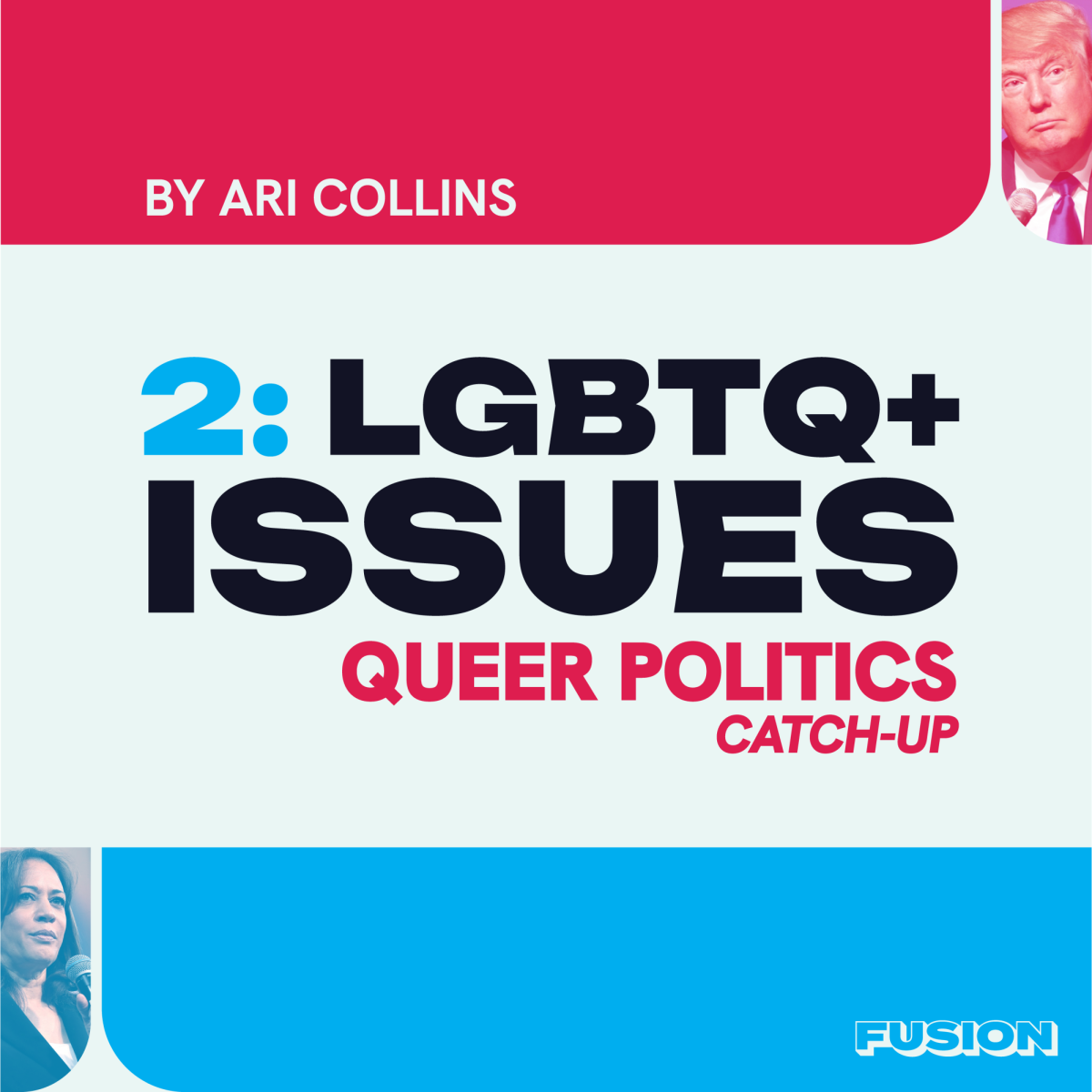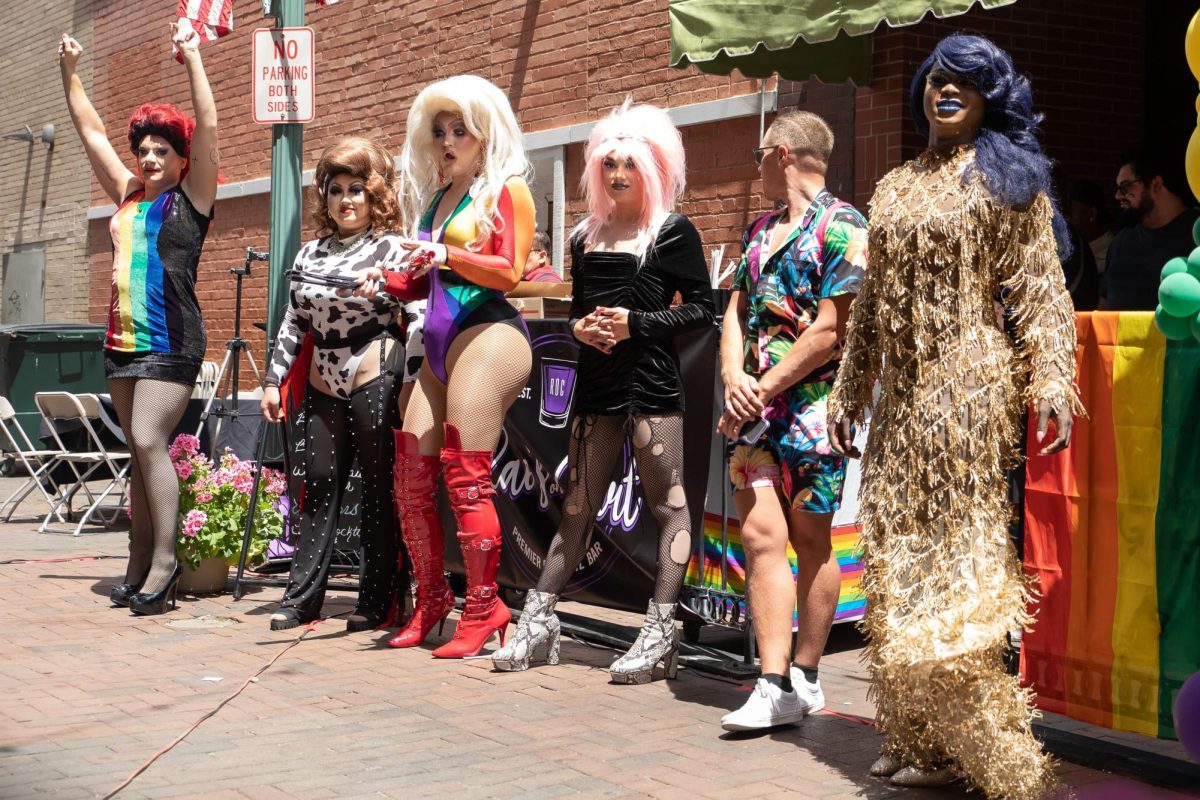By Christina Stavale
Fusion staff writer
Opposite and same-sex couples wanting to register for a domestic partnership in Cleveland may have to act fast when the registry opens May 7.
Cleveland City Council passed an ordinance this past December that will grant unmarried couples a certificate documenting their partnership.
There’s no stopping the registry from opening as scheduled; however, groups of church leaders are collecting signatures to put the ordinance on the ballot this September or November. This would allow voters to choose whether they want the registry to stay open.
It’s not marriage, but it’s a step toward giving unmarried couples some rights.
“It could allow hospital visits,” says Sue Doerfer, executive director of the Lesbian, Gay, Bisexual and Transgender Community Center of Greater Cleveland. “… Or picking up students at school or daycare centers. It is something … We hear stories all the time — one of the people dies and nothing is written down. It’s some recognition that this couple is a family. They are attached and committed to each other.”
Doerfer has been instrumental in making Cleveland a more LGBT-friendly city through her work with an unofficial group called Cleveland Families Count.
“For a couple of years, a group of people have been working with people of city council on changing policies at the city — one was providing domestic partner benefits to employees and adding transgender language to discrimination ordinance,” she says. “When we started doing work on benefits, we spent a year meeting with city council, HR and insurance companies.”
But the insurance companies had a concern: fraud. Enter, the domestic partner registry.
Joe Cimperman, Ward 13 councilman for Cleveland City Council, introduced the ordinance last October. When it passed a few months later, Cleveland became the third city in Ohio to pass a domestic partner registry, joining Cleveland Heights and Toledo.
It’s a cause Cimperman says he’s passionate about because it’s about social justice.
“I got married a couple years ago, and there were a dozen gay and lesbian couples at my wedding, dating longer than me and my wife,” he says. “I looked to them for advice. But they can’t do the same thing because I was born straight and they were born gay. And that’s bullshit.”
Cimperman says their strategies forming and saving the registry are based on Toledo more than Cleveland Heights. Cleveland Heights passed their domestic partner registry before Issue 1, a statewide amendment passed in 2004 that prohibited civil unions and same-sex marriages in Ohio, went into effect. Cleveland had to be more careful with the language they used, making it very clear that this domestic partner registry is not a marriage.
“The far right thinks this could lead to gay marriage,” Cimperman says. “As much as conservatives would like to say it is, people trying to collect signatures (against the domestic partner registry) are from everywhere. What is it to them if the city of Cleveland wants to offer this? What is the big threat here, if (couples) would live together on a lease, visit in the hospital, show commitment? This is 2009. We have to be honest with each other.”
David Caldwell is also working to save the registry. He’s a spokesperson for AskCleveland.org, a group that worked hard to get the ordinance passed in Cleveland Heights. He says because Cleveland Heights has had the registry, it’s improved the atmosphere for LGBT people. He wants that to spread to Cleveland, but if the registry ends up being repealed in Cleveland, it could severely hurt the climate.
“Right now we have to make it stick,” Caldwell says. “If we lose this election, Cleveland’s going to be a national laughing stock. We’re going to probably be subjected to a national boycott by the gay community.”
In order for the domestic partner registry to be on the ballot, those who want the registry to be repealed must collect 5,000 signatures. They don’t have an official time limit, but if they want it to be on the ballot this fall, they have until the time the registry is scheduled to open. However, if they fail to collect enough signatures by then, they can keep trying to reach the amount required, and it could go on the ballot at a later date.
In the meantime, Caldwell says groups who want to keep the registry open need to work just as hard to garner support in case the ordinance should go on the ballot. He says he thinks the best way to do this is to talk to people door-to-door. When someone says they’re against the registry, he asks, “Why?”
“We know that gay marriage is an issue people disagree on,” he says. “(But) we think that domestic partnership, which is a simple legal institution, (allowing) hospital visitation, shared employee benefits, are inherited rights.”
Doerfer says she thinks it’s also important to target Cleveland’s diverse population not just by going door-to-door, but by working with neighborhoods and block clubs. Still, she admits she’s worried.
“When a major city like Cleveland puts civil rights of a minority to the vote of a majority, it is a very, very tough battle,” she says. “Look at Proposition 8 in California. Putting the rights of a minority to a public vote is a very difficult process. It’s very hard to predict where the results are going.”
David Caldwell encourages people who want to help to organize a group of people passionate about the cause, throw a house party to do some fundraising or just take a day to go out and talk to people. For more information, visit AskCleveland.org.



























